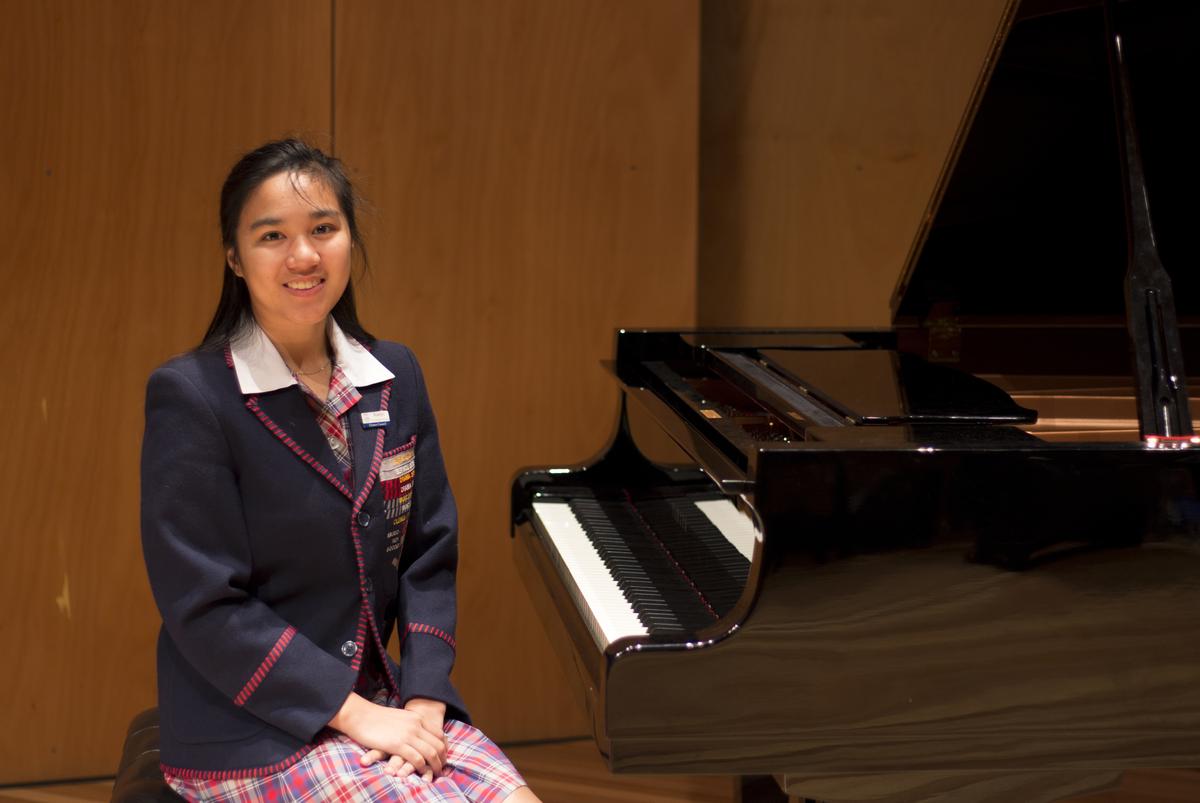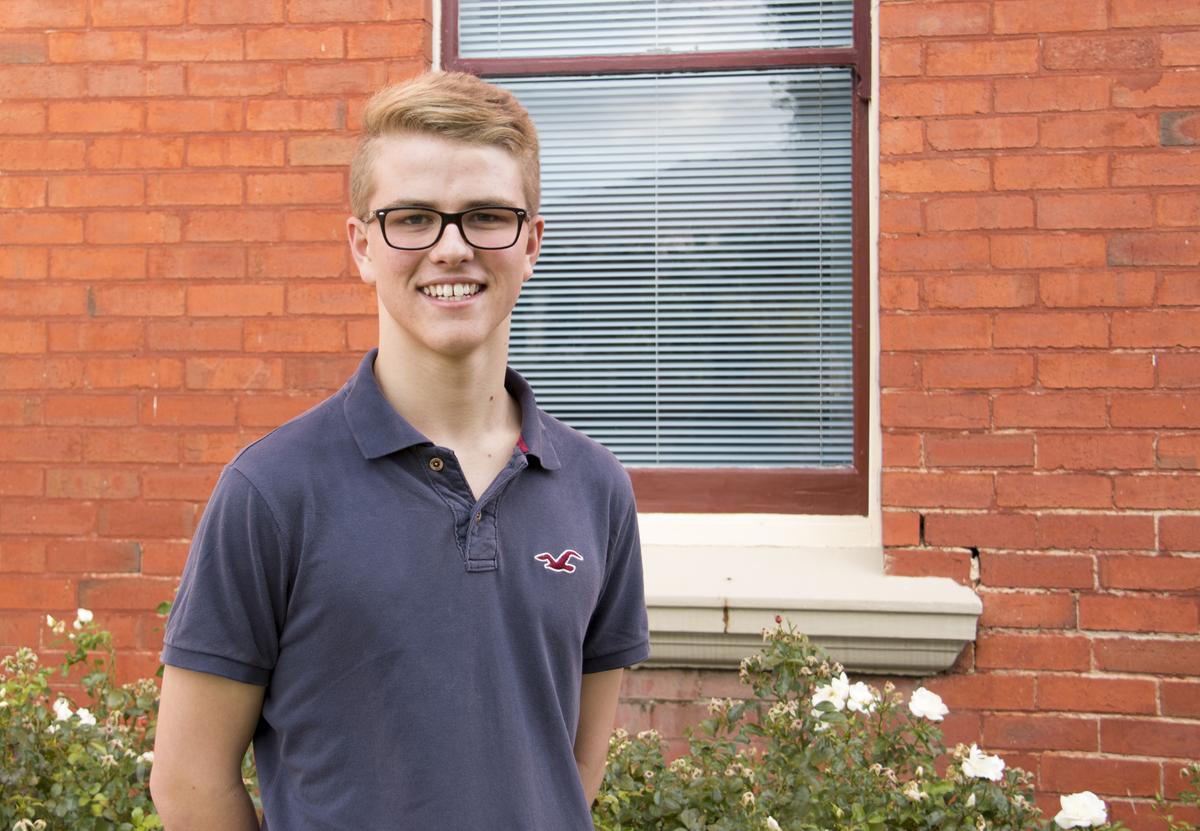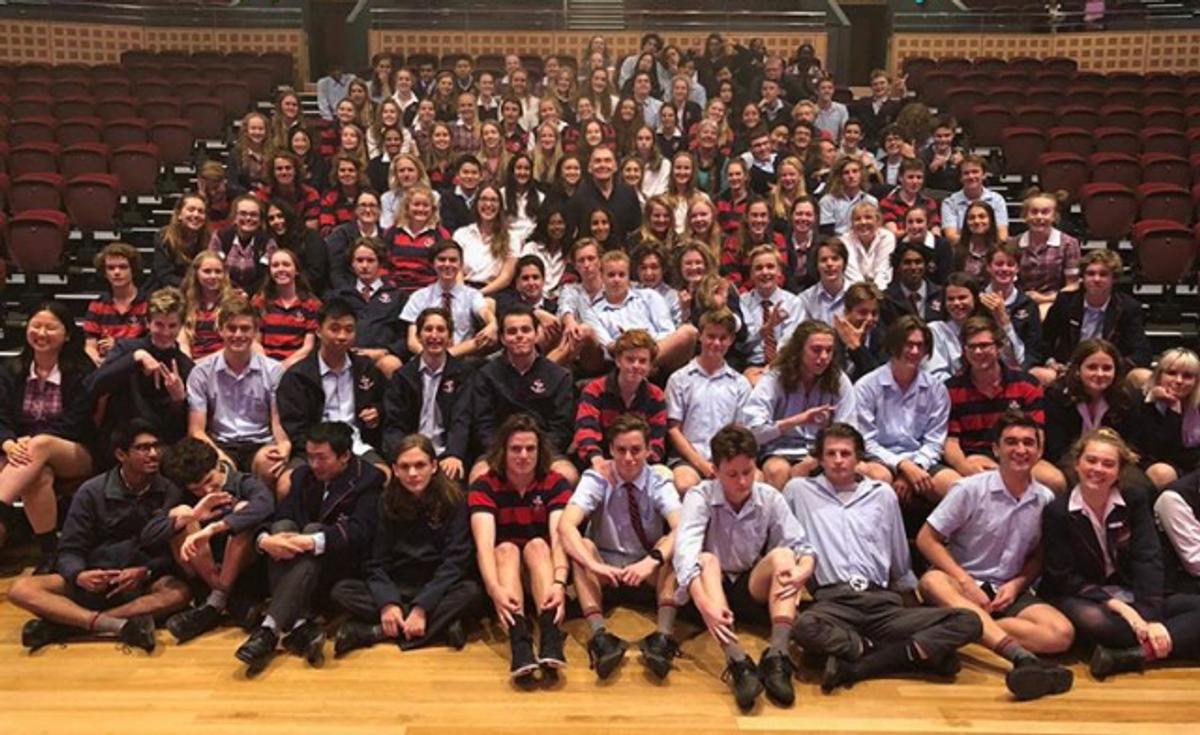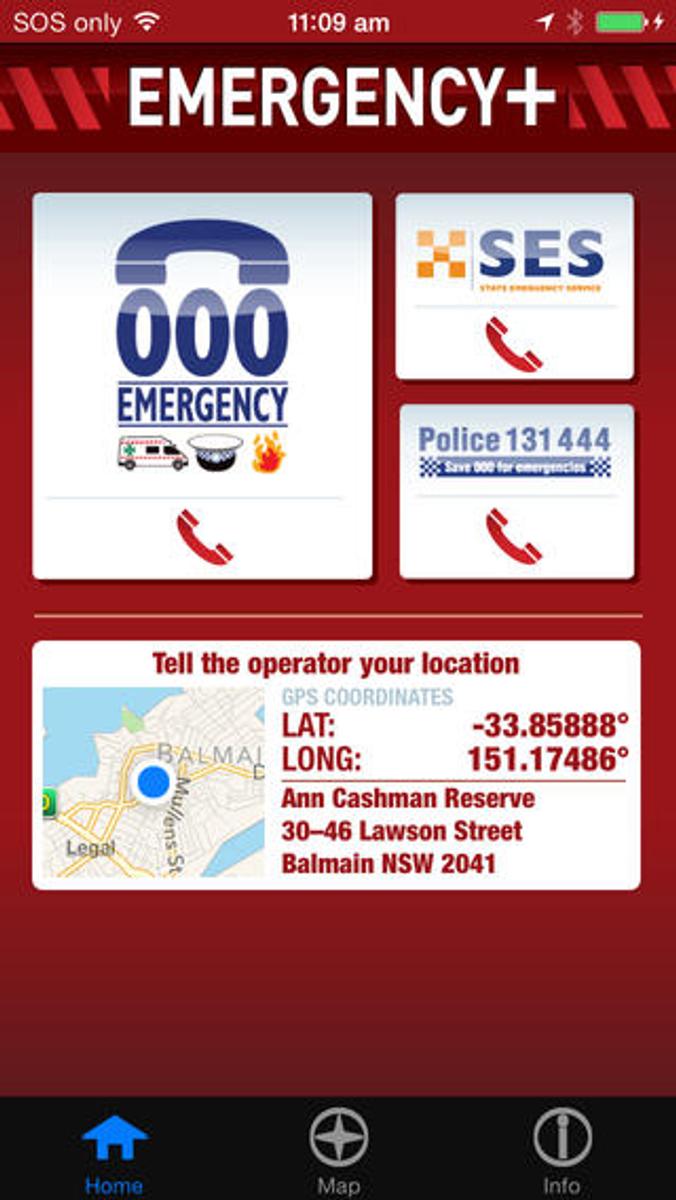Our Community

2018 TSO Composers' Project
We congratulate Kaelyn Girao, Year 12 UTAS Music composition student, for being selected for this year’s Tasmanian Symphony Orchestra Composers' Project.
Kaelyn joined several students from other schools at the first workshop held in late March.
Guided by eminent Australian composer and Head of the Tasmanian Conservatorium of Music, Dr Maria Grenfell, students have been asked to prepare a score over a six month period. The five-minute work is to be for two or three instruments, will be inspired by themes pertaining to the historic Runnymede House and will be performed by members of the Tasmanian Symphony Orchestra.
Tasmanian Young Achiever Awards
Head Boy Sam Watson is a finalist for the First National Real Estate Leadership Award, one of the categories in the Tasmanian Young Achiever Awards. This is run in conjunction with a peoples choice award.
Sam advocates for LGBTIQ rights, speaks at marriage equality rallies and coordinates voting drives. He has sponsored his peers through leadership programs with funds from his Lions Youth of the Year Award prize. A senior Navy Cadet, Sam mentored ten refugees through a ten-day youth leadership sailing challenge. He has also patrolled Tasmanian beaches for over 250 hours and has been his club’s Surf Life Saver of the Year.
You can vote for Sam here until Monday 16 April.
A Visit from Paul Dillon
Students, staff and parents were recently very fortunate to have the opportunity to hear from Paul Dillon, the director and founder of Drug and Alcohol Research and Training Australia. For those who were unable to take the opportunity, all Paul’s material can be found on his website http://darta.net.au
The Year 10s looked at Young people, alcohol and risk-taking: Looking after your mates. Focussing primarily on alcohol, this introductory session debunked some of the myths in this area, particularly around how to look after friends. To help ensure young people make healthier choices, accurate, up-to-date and credible information was provided, including the latest prevalence rates of alcohol and other drug use by secondary school students, with a focus on ‘positive norms’, i.e., how many young people choose not to drink alcohol or use other drugs. Basic life skills were also discussed around alcohol-related emergencies, including knowing when to call an ambulance.
Year 11s looked at Alcohol and cannabis: What if something goes wrong? This presentation reviewed and built on the practical strategies around ‘looking after your friends’ that were introduced in the Year 10 session. Information on cannabis was provided, highlighting ‘positive norms’ once again, i.e., the majority of young people do not use the drug and use has declined over the years. Potential cannabis-related harms were discussed, with an emphasis on the drug’s impact on mental health. The impact of alcohol on the adolescent brain was also discussed, highlighting the potential risks of drinking during the teen years.
Year 12 looked at What do I need to know about alcohol and other drugs and Drink Driving? By their final year of school, many students will either be driving or about to get their licence. To ensure these young drivers are as prepared as possible, information was given about drink driving and the process of random breath testing (RBT), as well as roadside (RDT) or mobile drug testing (MDT). Also, the impact that being caught with an illicit substance can have on a young person’s life was shared and the importance of seeking help as quickly as possible should something go wrong.
Paul recommended that all parents and children put the free app - Emergency + on their phones. We would encourage parents to sit with their children and discuss this as they put the app on their phone.




